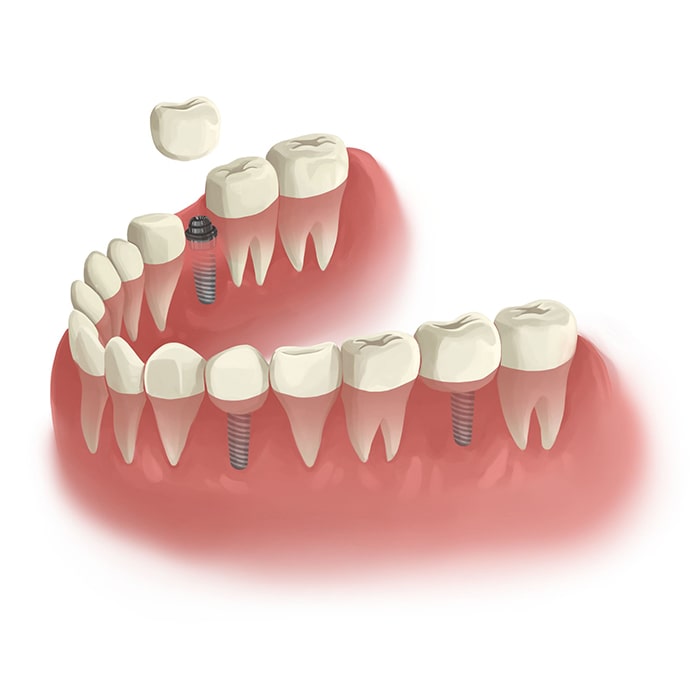Wisdom tooth extraction is a surgical procedure to take out one or more wisdom teeth the permanent adult teeth which are situated on the lower back of your mouth on the bottom and top. At at some point in your life it is possible to undergo a wisdom tooth extraction. Third molars are also called wisdom teeth. They often get stuck behind other teeth, and become trapped behind them. If they are not treated they could cause infections and pain. A dentist or oral surgeon will usually perform wisdom tooth extractions. This procedure generally requires only a small cut to the gum tissue and bone. You can choose to utilize either local or general anesthesia, depending on the specific situation. Here are some information regarding wisdom tooth extraction.
Wisdom tooth extractions are typically done by dental surgeons or an oral surgeon. Wisdom teeth are the third molars and are often the ones that are the last to pop out. Wisdom tooth extractions are typically advised when they’re affected, which means they grow in at an angle, and then push against the teeth. Wisdom tooth extractions may also be suggested if Wisdom teeth aren’t erupting properly, or are causing discomfort to other teeth or making it difficult to chew or speaking. You can have wisdom tooth extractions while under general anesthesia local anesthesia or intravenous sedation. The individual situation and the severity of the procedure will dictate the type of anesthesia. Wisdom tooth extractions typically take between 30 and one hour. Patients might experience discomfort and swelling following the procedure. Most people recuperate from Wisdom tooth extractions within several days and are able to return to their normal activities soon afterward.

They’re typically required to be removed from bone and gum tissue. The wisdom teeth are the final ones to come in and usually appear in the latter part of your teens or even your early twenties. Wisdom teeth are beneficial for certain people. For others they may experience the discomfort of crowding and swelling. Wisdom teeth might be extracted in the event that the root has been damaged or if it’s infected or decayed, or if it causes pain or a crowding. The oral surgeon usually performs wisdom tooth extractions, and they usually require a small cut through the gum tissue and bone. The majority of people recover in just a couple of days following the removal of wisdom teeth. In some instances, Wisdom tooth extractions are required as an emergency procedure for teeth that are in extreme discomfort or has an infection.
Wisdom tooth extractions can be a common procedure but they are not required in all cases. Wisdom teeth may be kept in place and don’t cause any issues. There are situations when wisdom teeth need to be removed. Below are three signs that wisdom teeth could need to be removed.
1. Wisdom Teeth Impaction Wisdom teeth may become stuck in the jawbone, gums, and don’t grow properly. This can lead to pain, inflammation, and the damage to adjacent teeth. To avoid any issues, your dentist may recommend the extraction of wisdom teeth.
2. Wisdom Teeth Cysts: Occasionally wisdom tooth cysts are formed. These are fluid-filled sacs in the bone that may cause bone and tissue injury. Your dentist will recommend that you have your wisdom tooth removed to avoid further injury.
3. Wisdom Teeth Infection. It is essential to seek prompt treatment if your wisdom teeth get infected. Infections of the wisdom teeth can cause serious damage to your jawbone and surrounding teeth, so emergency extraction may be required to prevent the onset of problems.
Visit the dentist if having any of these symptoms. They will determine whether you Wisdom teeth require to be removed.
For more information, click emergency dentist edmonton